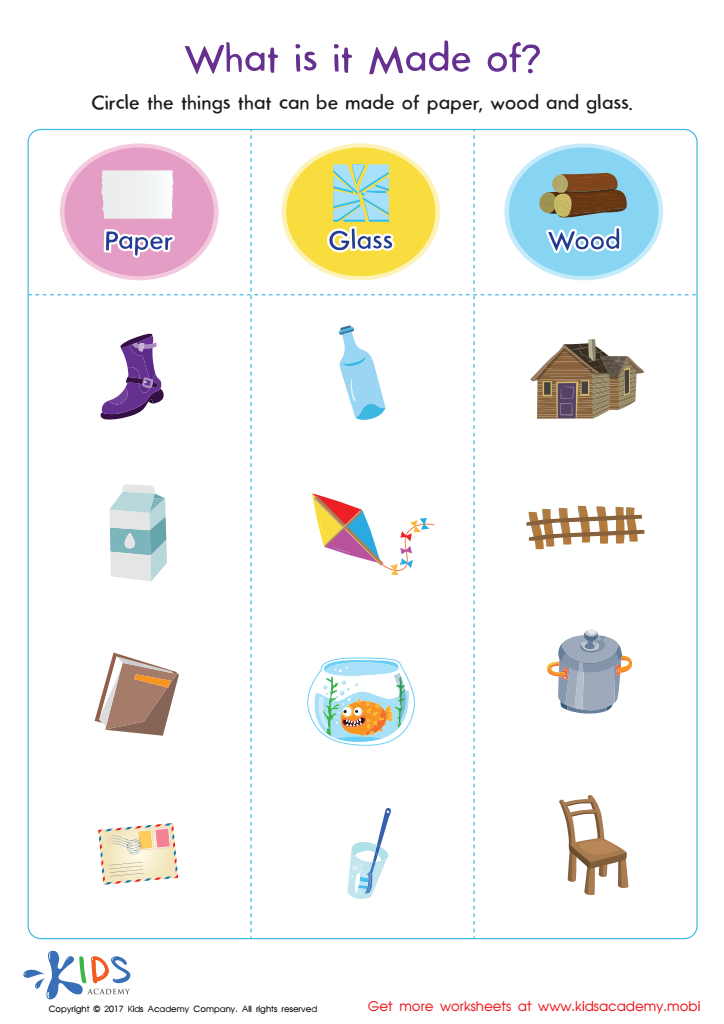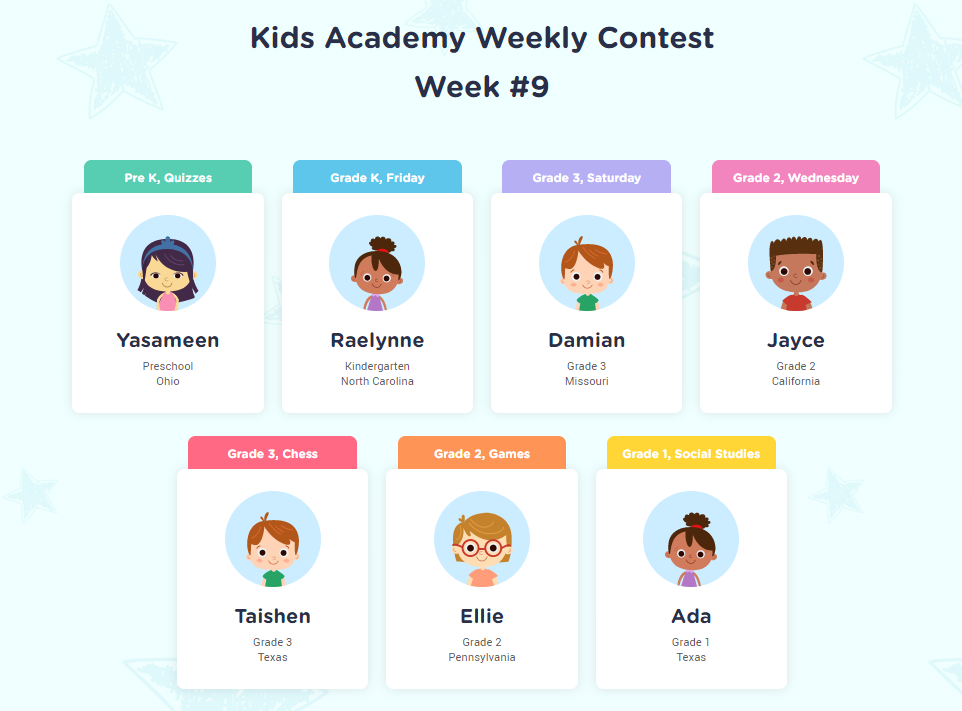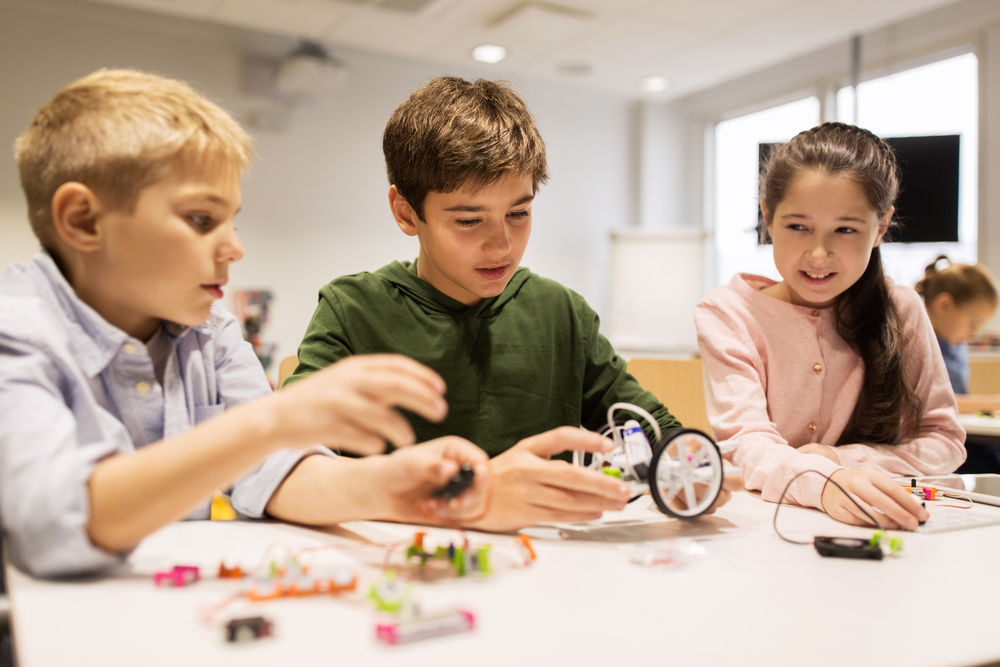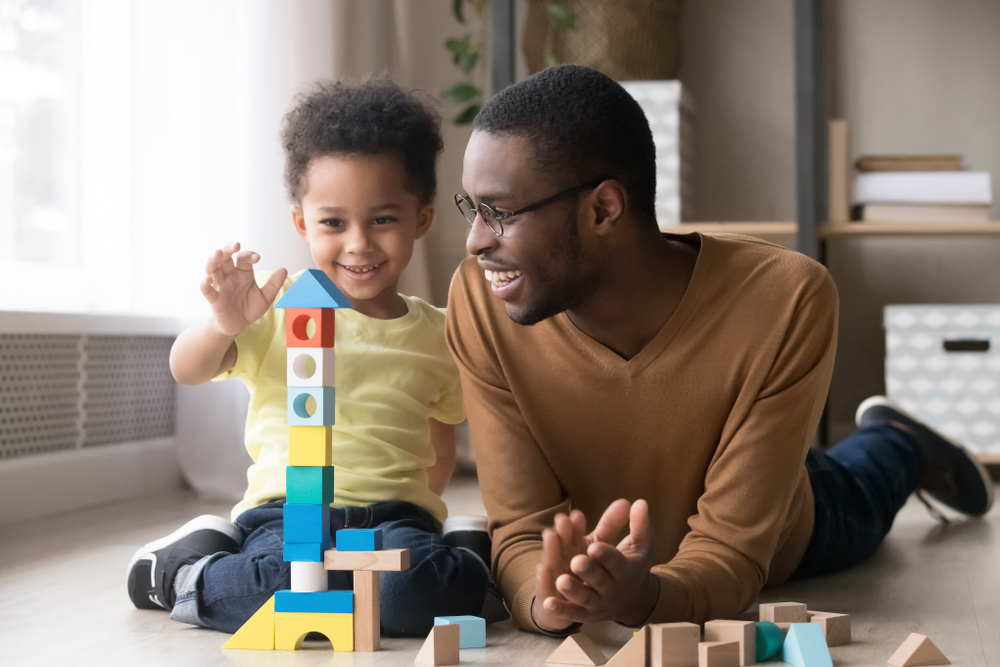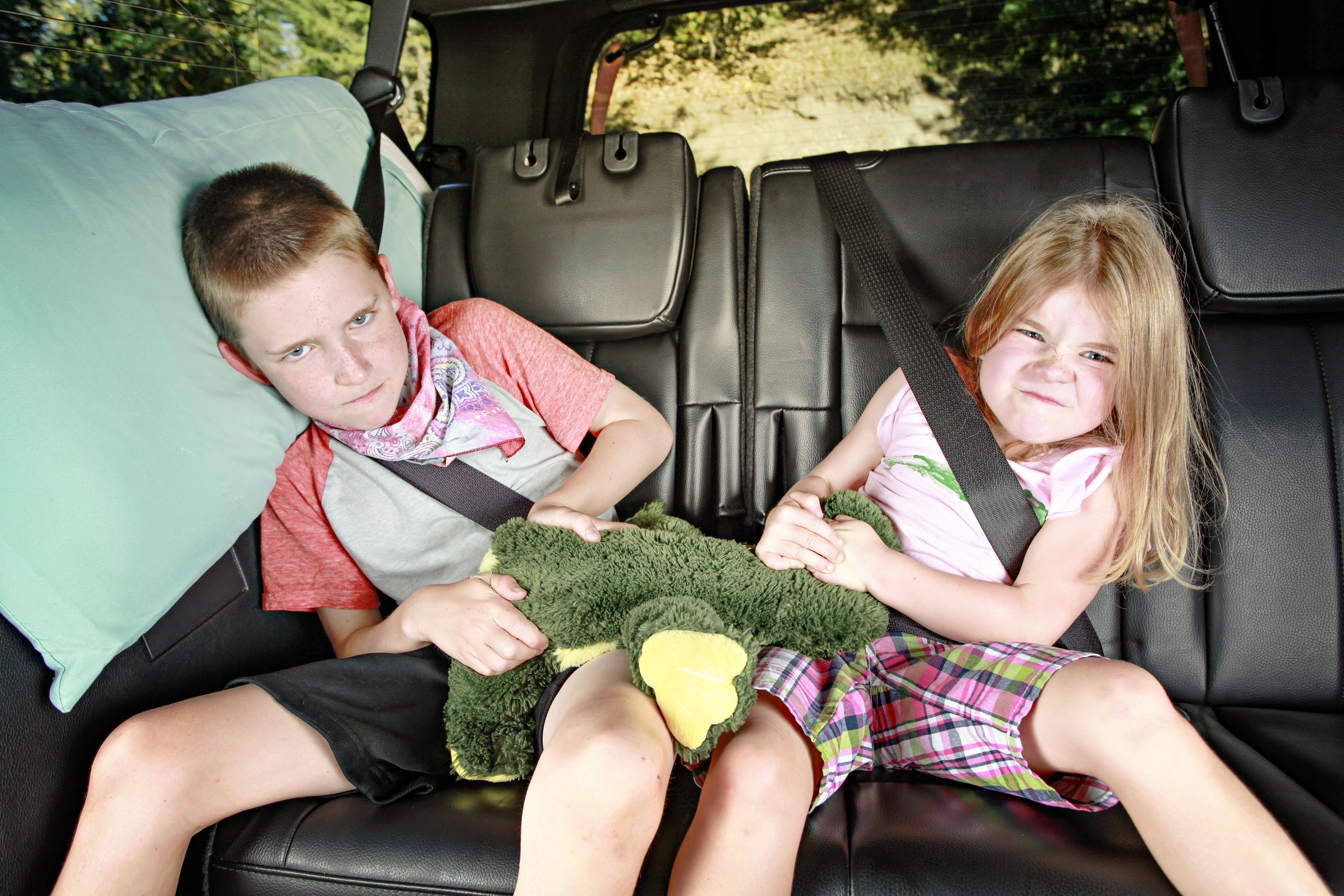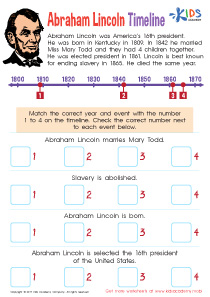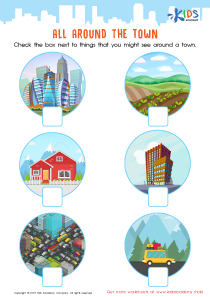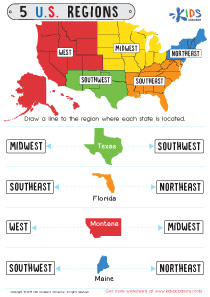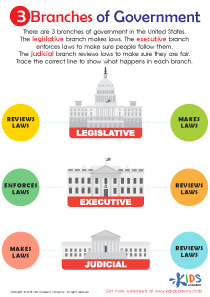Vocabulary expansion Normal Social Studies Worksheets for Ages 6-9
17 filtered results
Difficulty Level
Grade
Age
-
From - To
Subject
Activity
Standards
Favorites
With answer key
Interactive
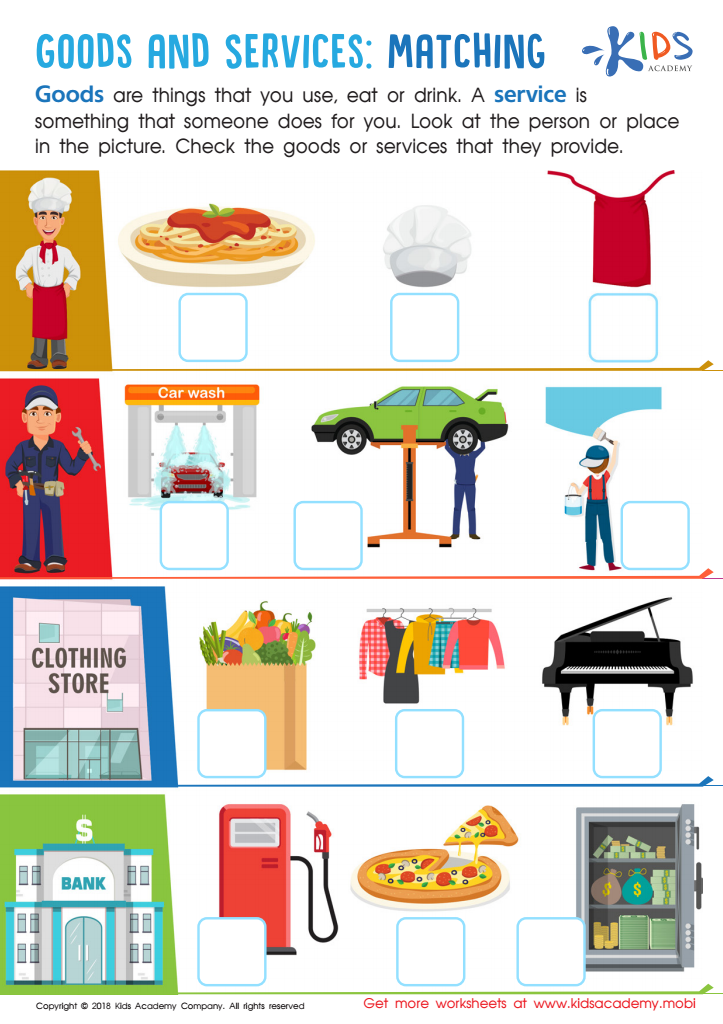

Goods and Services: Matching Worksheet
Goods are things that you use, eat or drink. Ask your kids to give examples of goods and services. Challenge them to identify the people and places in the worksheet, and check the goods or services they provide from the options on the right side.
Goods and Services: Matching Worksheet
Worksheet
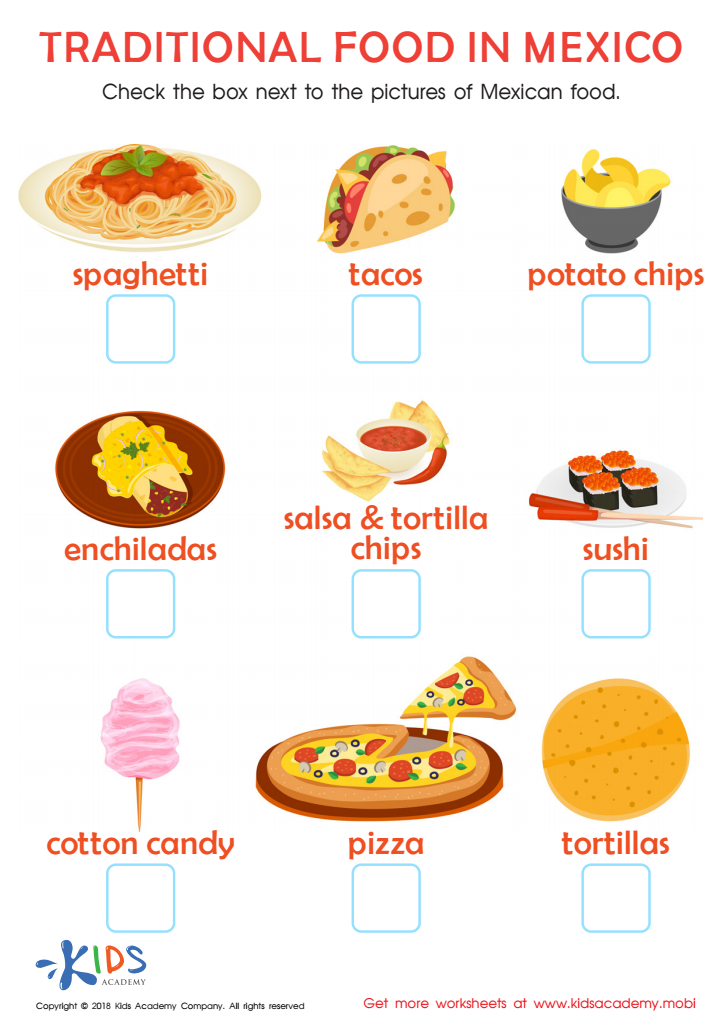

Traditional Food in Mexico Worksheet
This colorful worksheet offers a great opportunity to learn about traditional Mexican foods, build vocabulary and practice visual discrimination. As many of the words are not phonetic, this practice can help improve fluency, vocabulary and comprehension when encountered in reading. Culturally diverse, it's great for readers looking to expand their knowledge.
Traditional Food in Mexico Worksheet
Worksheet
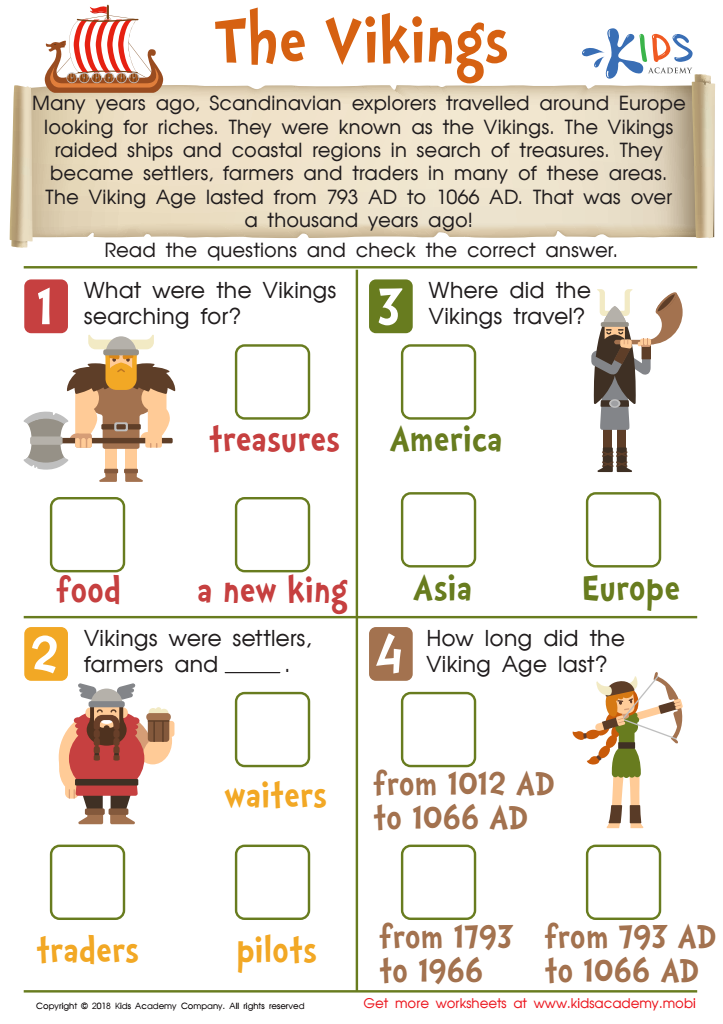

The Vikings Worksheet
This free worksheet introduces kids to the Vikings. They explore Europe looking for treasures, raiding, farming, settling, trading, and ruling 793AD-1066AD. With multiple-choice questions and colorful pictures, they'll learn and have fun!
The Vikings Worksheet
Worksheet
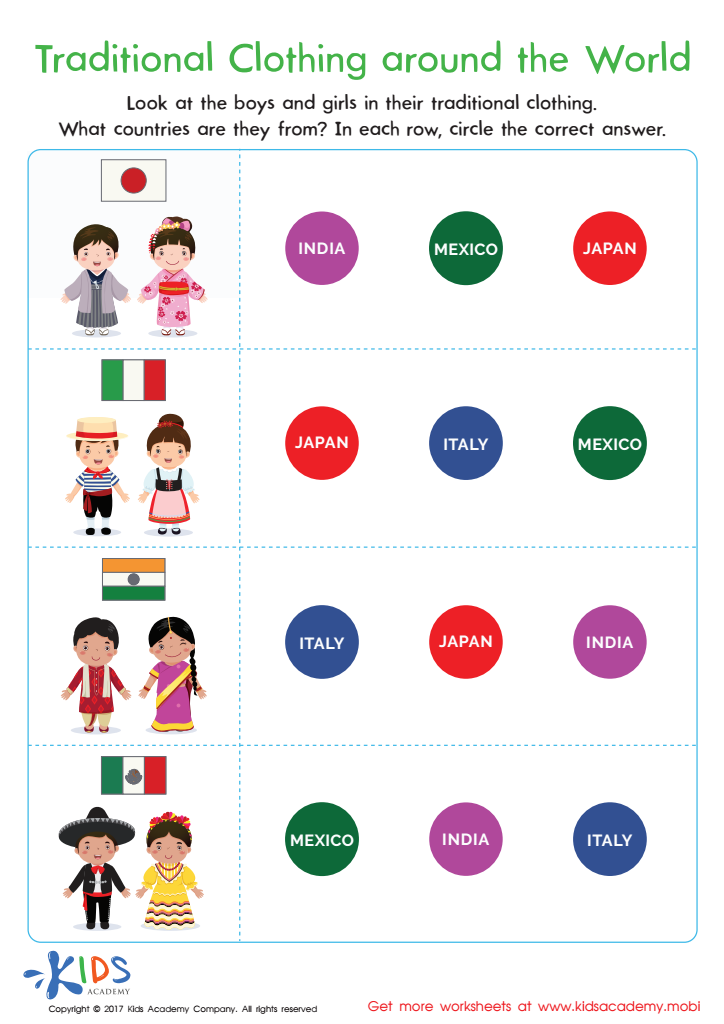

Traditional Clothing Worksheet
Introduce your child to cultures around the world with this illustrated traditional clothing printable worksheet! It will help them to recognize clothing, national flags and cultures from different countries, fostering an appreciation and love for all. It's a joyful way to learn and recognize the differences of people from around the world!
Traditional Clothing Worksheet
Worksheet
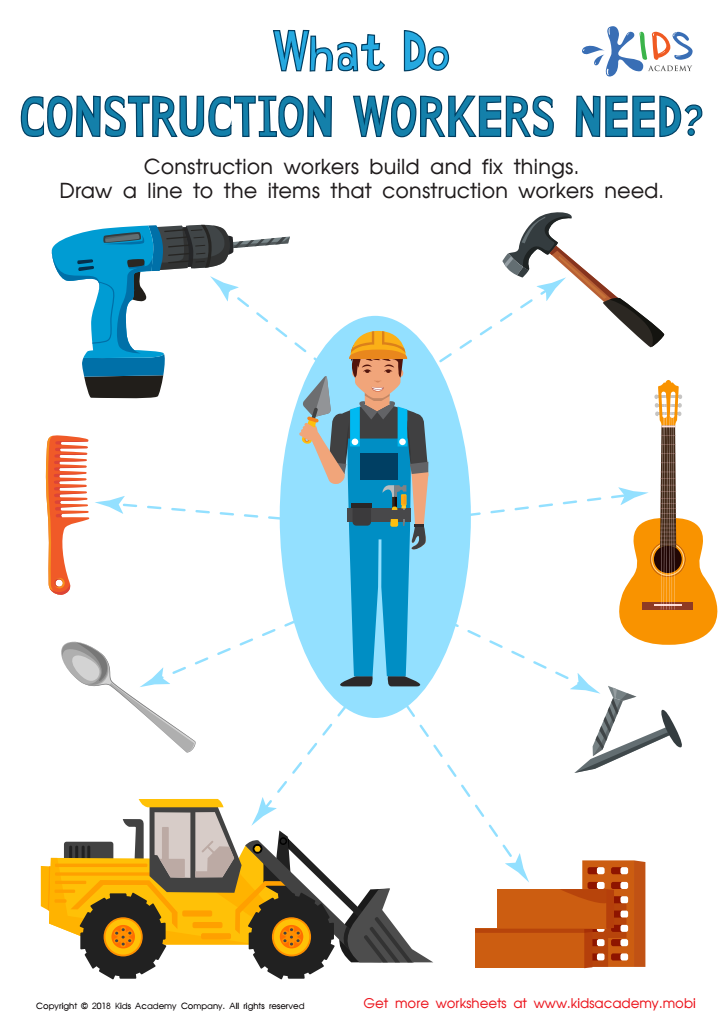

What Do Construction Workers Need? Worksheet
Ask your kid if they've seen a construction worker in action. What were they doing? Can they name the tools they use? Check out this worksheet and name the items. Then, help them trace the items needed for construction in this tracing sheet.
What Do Construction Workers Need? Worksheet
Worksheet
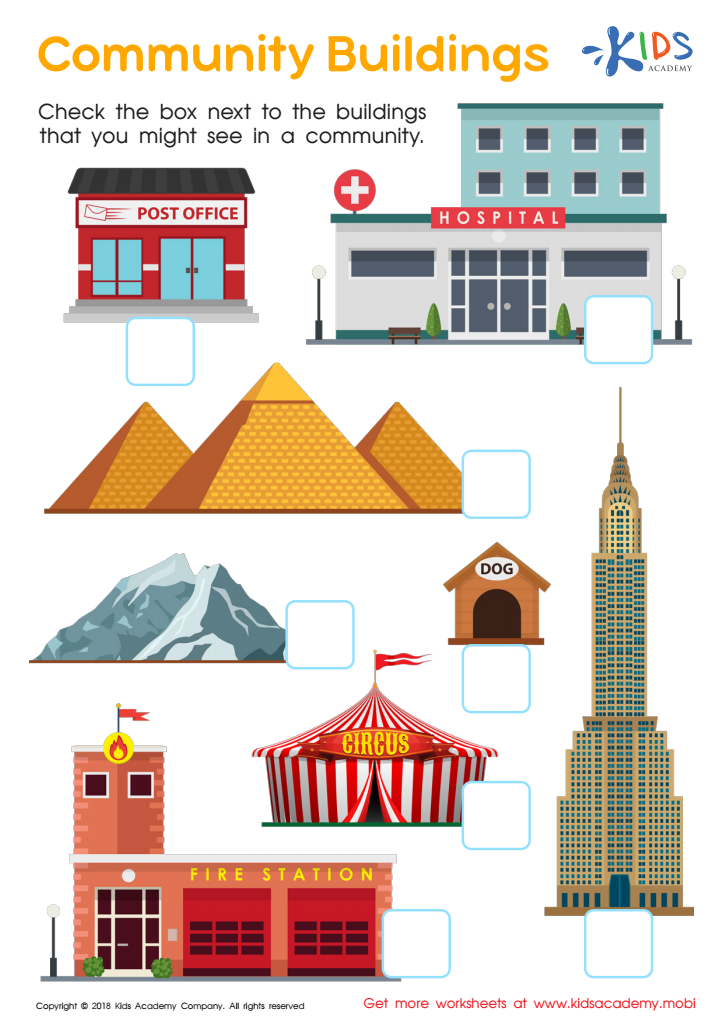

Community Buildings Worksheet
Test your child's knowledge of local buildings with this worksheet. Ask them to name the buildings in the images, then check the boxes next to the ones they might see in a community. It's a great way to explore the places you visit together.
Community Buildings Worksheet
Worksheet
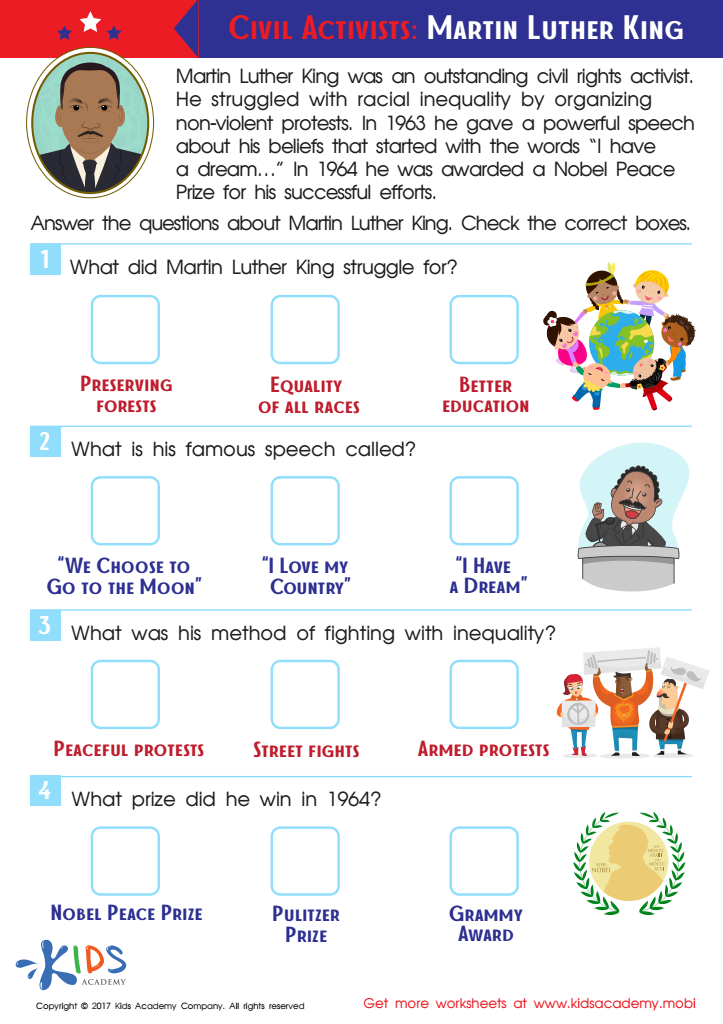

Martin Luther King Worksheet
Introduce your 3rd grader to Martin Luther King Jr.! This worksheet will open their eyes to his impact on US history. Let them discover his life, learnings, and legacy with this informative activity.
Martin Luther King Worksheet
Worksheet
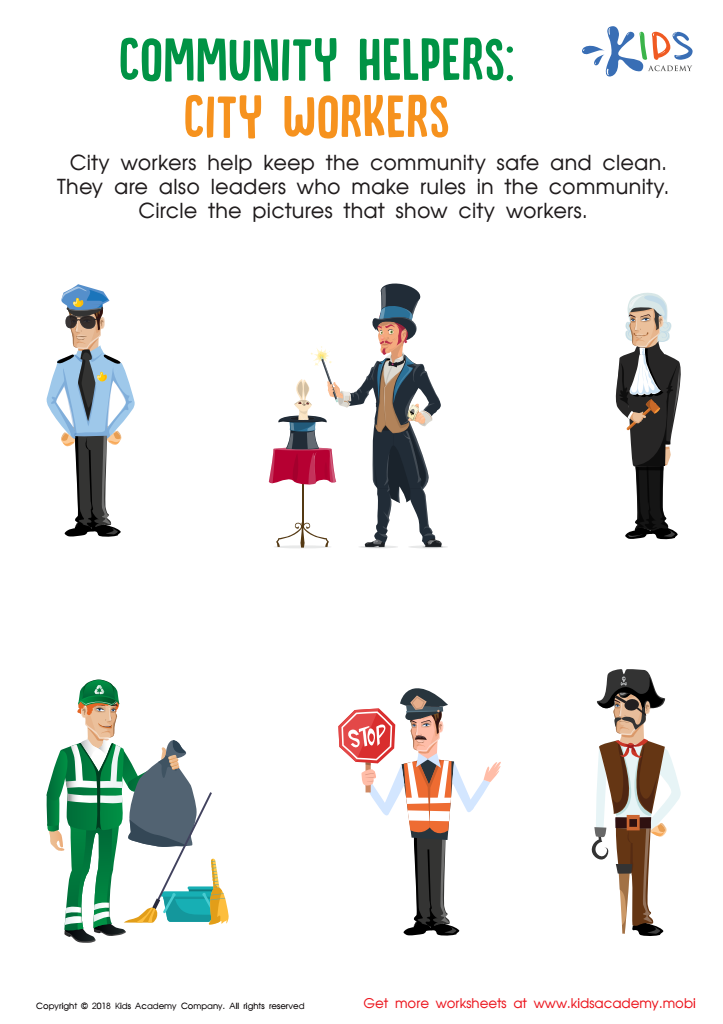

City Workers Community Helpers Worksheet
City workers help keep our communities clean, safe and well-run. They create and enforce rules and act as leaders. Use this worksheet with your child to learn more about the important roles they play. Check the pictures in the free PDF that accurately depict what they do.
City Workers Community Helpers Worksheet
Worksheet
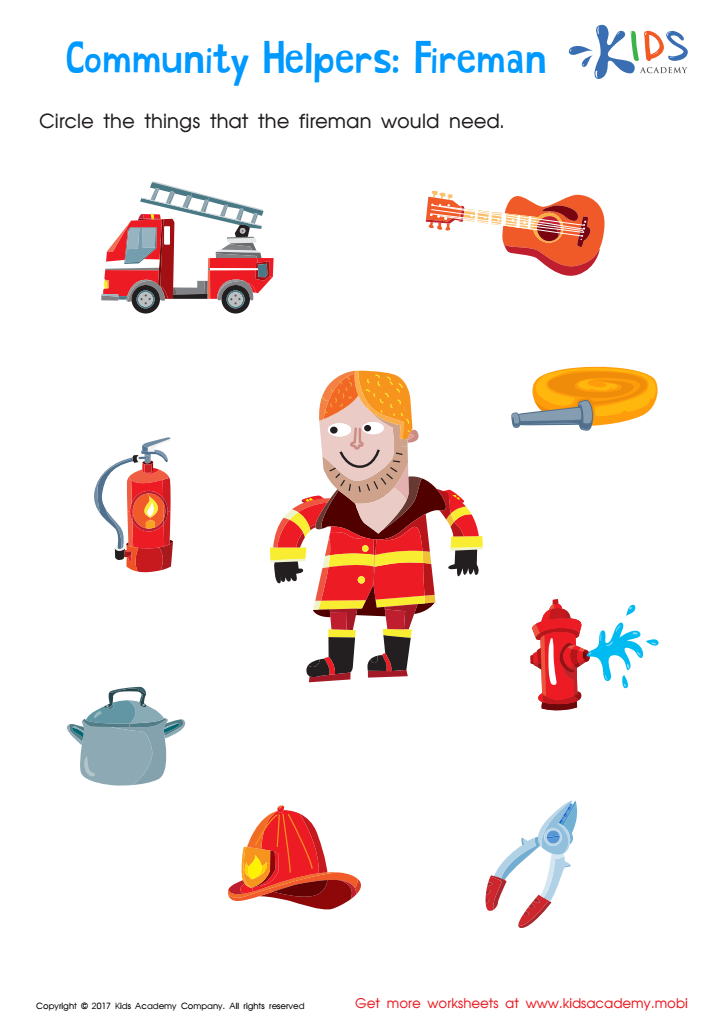

Fireman Worksheet
Kids love firemen and their big fire engines! Inspire your child to learn about their duties with this fun fireman worksheet. It'll help your child understand the role of firemen, as well as develop matching and problem solving skills. Get your kid started on understanding a key role in society and have fun too!
Fireman Worksheet
Worksheet
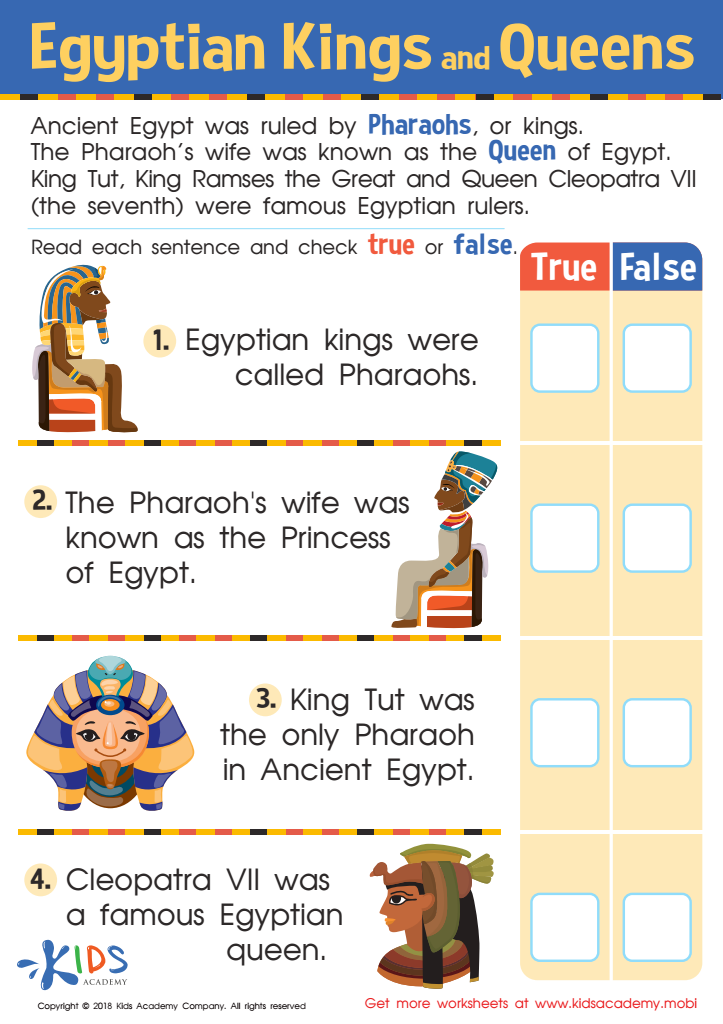

Egyptian Kings and Queens Worksheet
Want to help your child brush up on world history lessons? Kids Academy offers a fun social studies worksheet on Ancient Egyptian rulers. From King Tut to Queen Cleopatra, they'll learn about famous Egyptian rulers not found in modern times. The activity includes a brief description followed by true/false questions. Give it a try and see just how much your child knows!
Egyptian Kings and Queens Worksheet
Worksheet
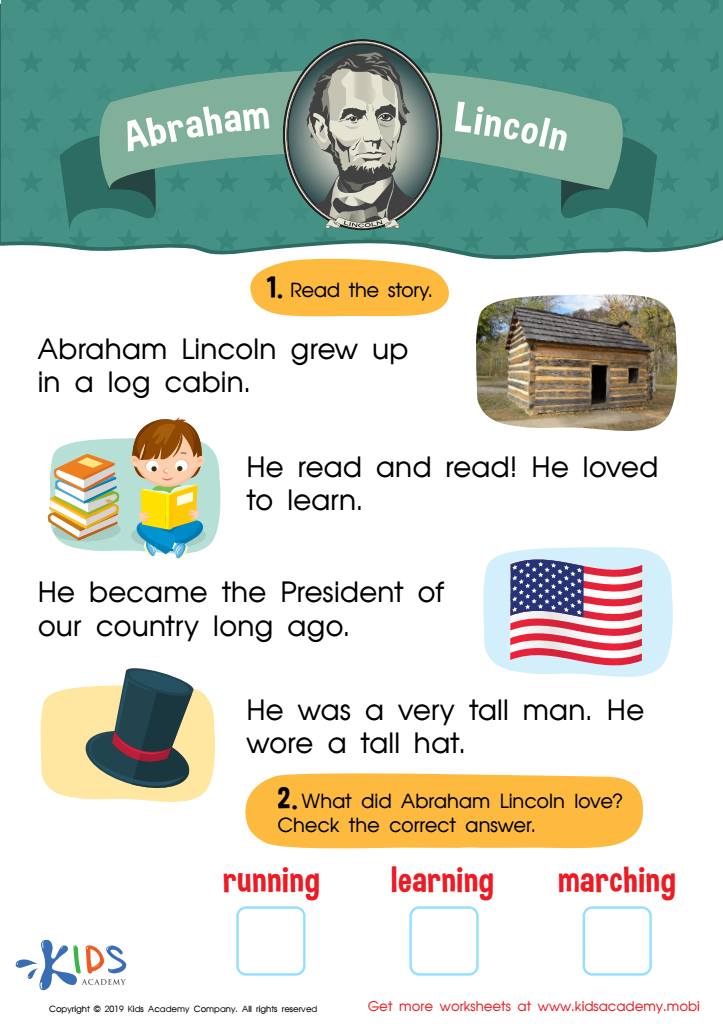

Abraham Lincoln Worksheet
Let your kids listen to interesting stories while having fun! Read the short story in this worksheet, point to the picture representing each sentence, then ask the questions and check the answers. Doing this will help your children learn new things and build their vocabulary.
Abraham Lincoln Worksheet
Worksheet
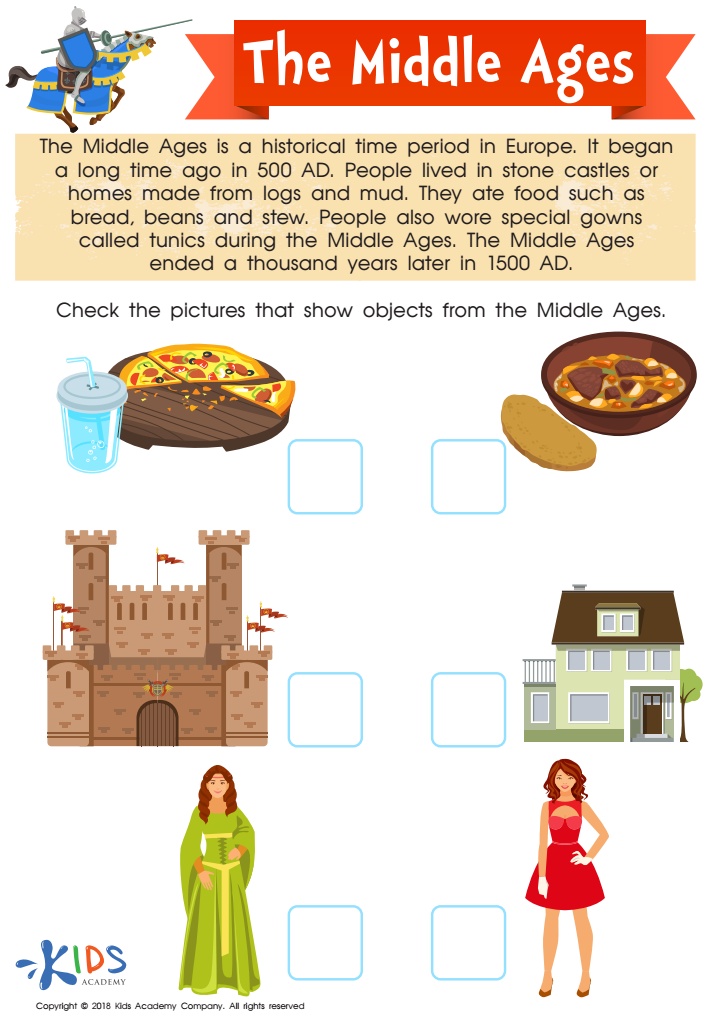

The Middle Ages Worksheet
History can be made exciting with this PDF! It encourages kids to compare and contrast the Middle Ages. They'll explore what people lived in, ate and wore back then, then compare those characteristics to modern day. Kids can check boxes next to pictures that represent the Middle Ages to complete the activity.
The Middle Ages Worksheet
Worksheet
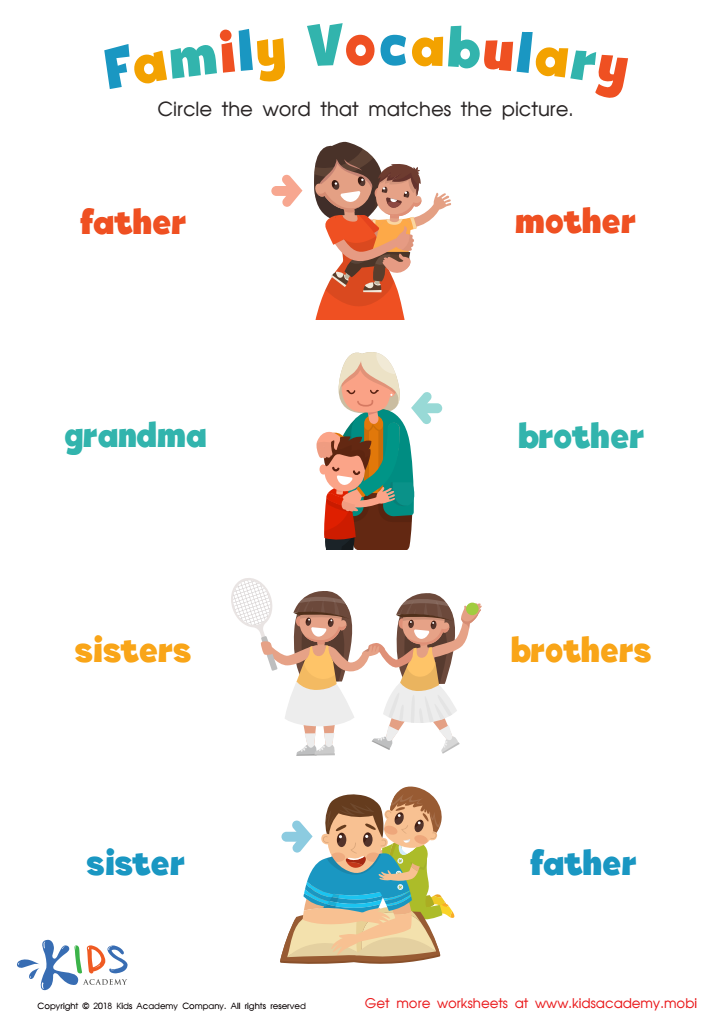

Family Vocabulary Worksheet
Students learn about families in social studies. This worksheet helps them identify family members by looking at a picture and circling the corresponding word. To extend their learning, ask them to talk about their own family members.
Family Vocabulary Worksheet
Worksheet
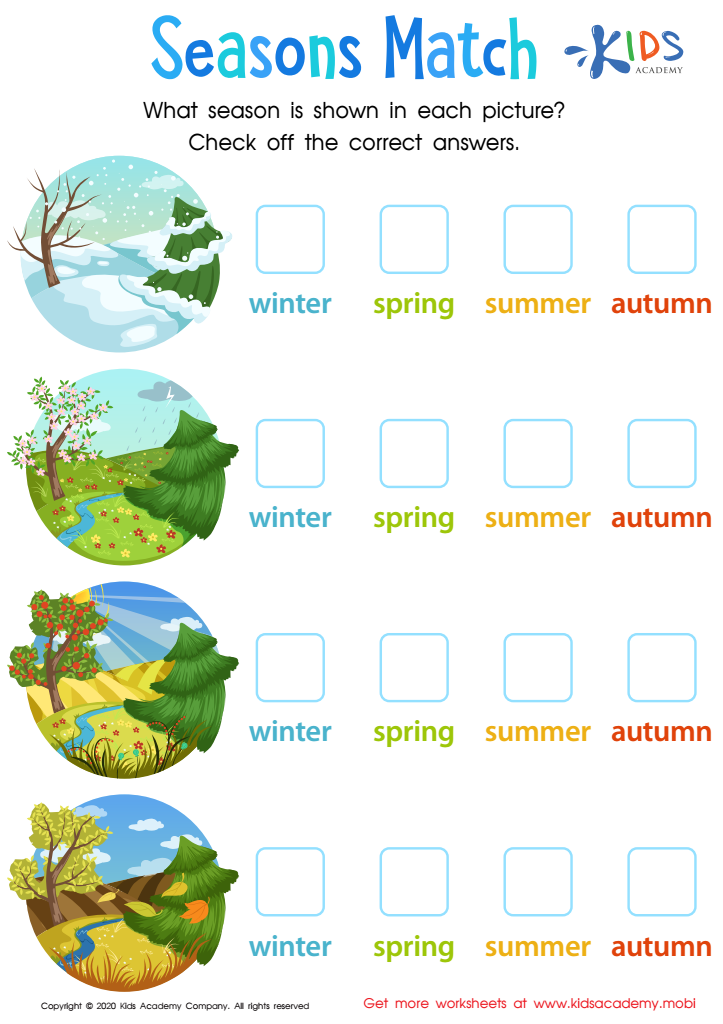

Seasons Match Worksheet
Preschoolers should begin learning about seasons and weather early. Most can tell what season it is by upcoming holidays or school activities. Test their knowledge with a printable PDF worksheet. It asks them to match each image with its corresponding season!
Seasons Match Worksheet
Worksheet
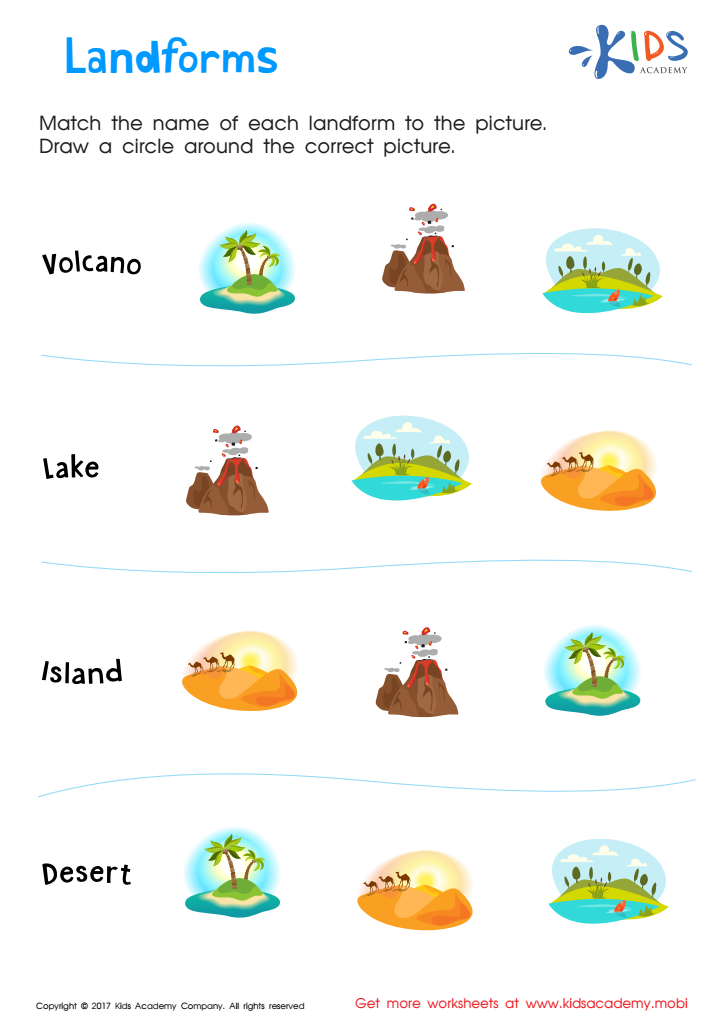

Landforms Printable
Guide them with this worksheet and unlock the door to exploration. Introduce your child to different landforms with this printable worksheet to help them understand different terrain. It encourages critical thinking and knowledge application so they can form an appreciation for the world. Open the door to exploration today!
Landforms Printable
Worksheet
 Assign to the classroom
Assign to the classroom
